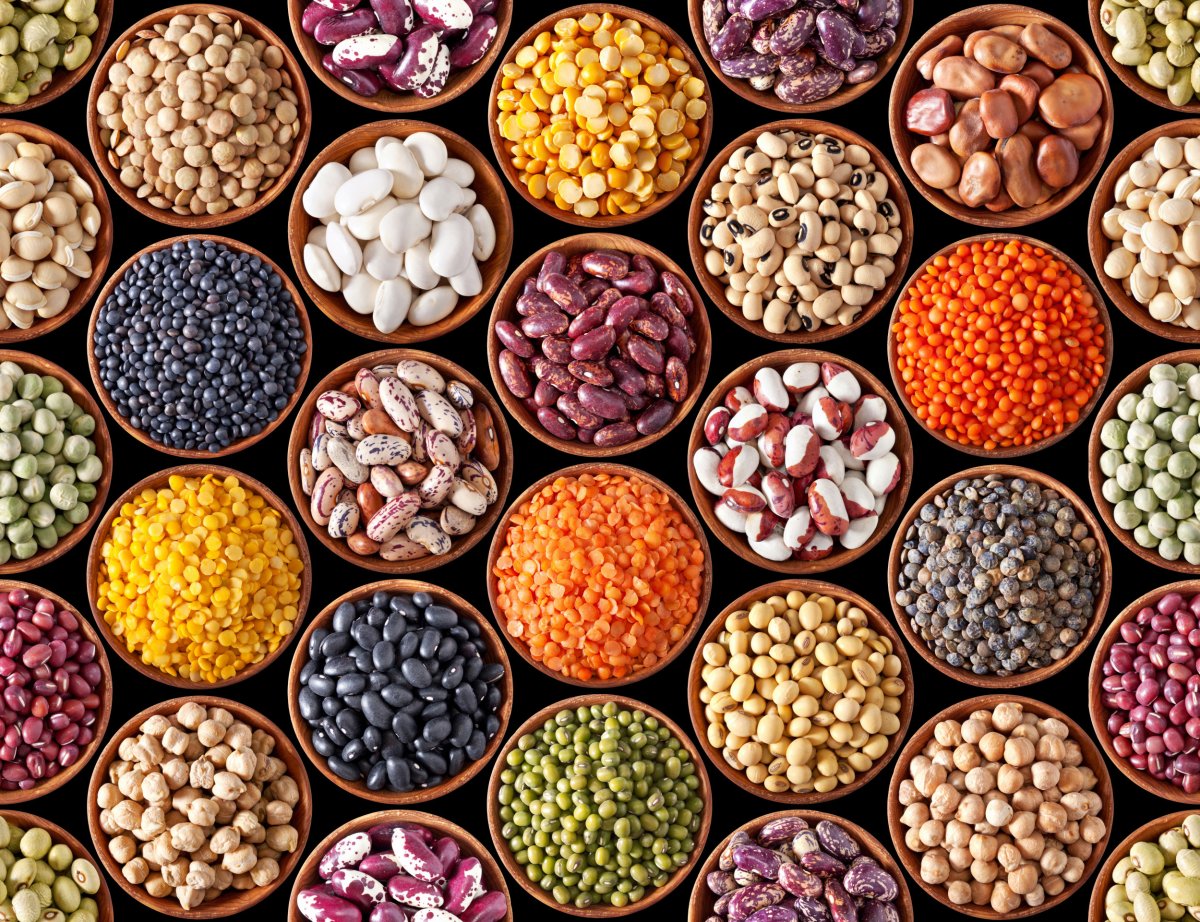Add a cup or two of beans or pulses to your daily diet, and benefit from more fiber and minerals, according to research presented at the Academy of Nutrition and Dietetics Food & Nutrition Conference & Expo 2024 in Minneapolis, Minnesota, on Tuesday.
“This research supports the growing body of evidence that consumption of beans and pulses may have numerous nutrient and public health benefits,” said Tim McGreevy, CEO of USA Pulses, in a statement.
Using data from the National Health and Nutrition Examination Survey, from 2001 to 2018, scientists modeled diets with and without the addition of one or two cups of pulses and beans.
They found that adults who ate more kidney beans, black beans, chickpeas, and pinto beans were more likely to meet recommended guidelines about nutrients that are commonly missing from typical American diets.
These nutrients include dietary fiber, potassium, magnesium, iron, folate and choline.
“This research clearly shows that eating beans and pulses is good, but eating more is better,” said study author Yanni Papanikolaou, of Nutritional Strategies Inc., in a statement.
“Beans and pulses are excellent sources of fiber, folate and potassium and excellent sources of plant protein that also provides iron and zinc like other protein foods.”
Dietary fiber is important for gut health, to help digested food pass through the intestines, and to feed beneficial gut bacteria and promote nutrient absorption.
Potassium is an essential mineral that helps muscles contract and helps regulate fluid and mineral balance in the body’s cells. Magnesium is an essential mineral involved in hundreds of chemical reactions in the body, that helps maintain heart and brain function and control blood sugar levels.
Iron is central to blood health, as a key component of hemoglobin, which carries oxygen from the lungs to the body’s tissues via the bloodstream.
Folate, or vitamin B9, is important for the blood, and for healthy growth, and is critical during pregnancy to support the healthy growth of the baby.
Choline is a nutrient, sometimes considered an honorary member of the B vitamin family, that is important for liver function, healthy brain development, the nervous system and metabolism.

Seamless texture with legumes on a black background. Legumes, such as beans, chickpeas and lentils, contain plant-based protein, fiber and essential nutrients such as potassium and magnesium.
AndreyGorulko/Getty Images
The scientists measured overall diet quality of survey participants using the U.S. Department for Agriculture’s Healthy Eating Index-2015 (HEI-2015).
They found that those who ate one additional serving of beans scored 15 percent higher on the HEI-2015 index, indicating better diet quality, and two servings of beans was associated with a 19 percent higher score, compared to a typical American diet.
The same scientists previously found that consumption of beans and pulses were associated with decreased risks of heart disease, stroke, diabetes and cancer—by 24 percent, 20 percent, 23 percent and 6 percent, respectively.
The study was funded by Cannedbeans.org on behalf of Bush’s Best and the Coalition for the Advancement of Pulses.
Do you have a tip on a food story that Newsweek should be covering? Is there a nutrition concern that’s worrying you? Let us know via [email protected]. We can ask experts for advice, and your story could be featured in Newsweek.
